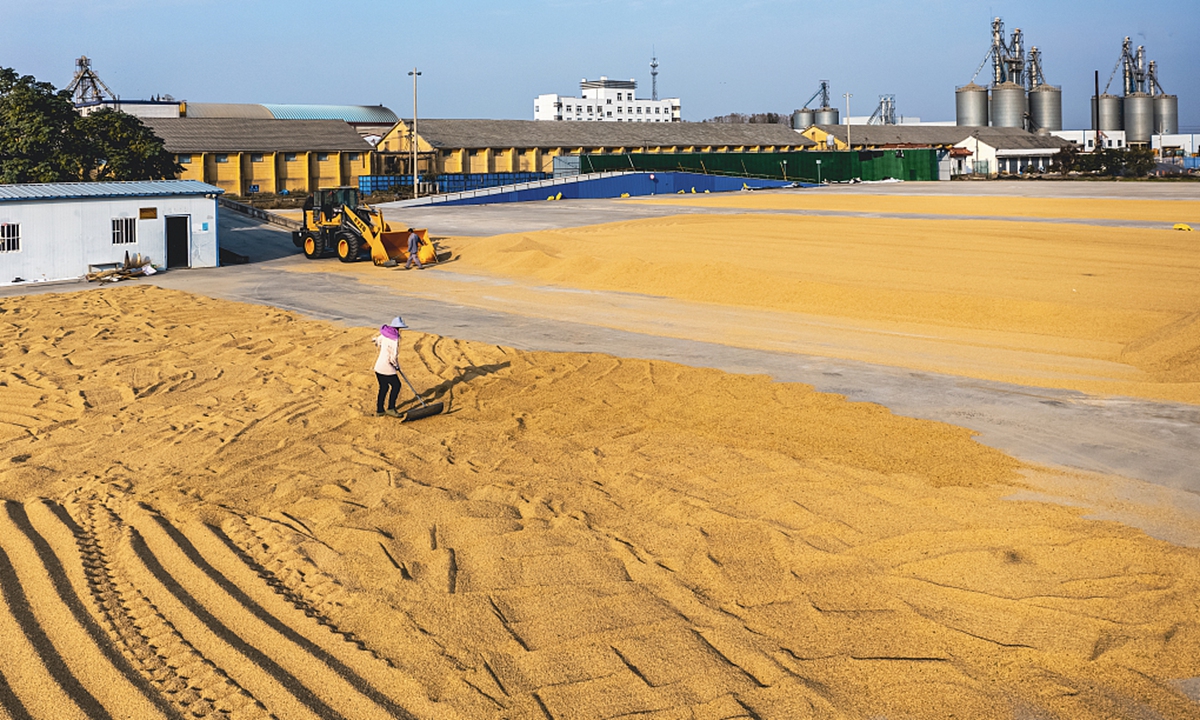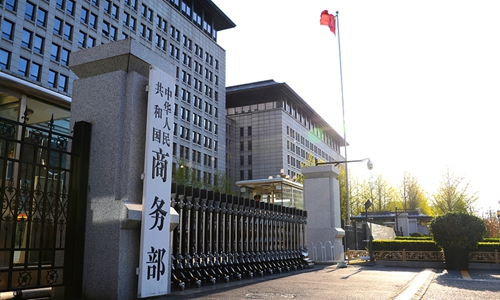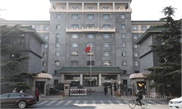
Farmers are drying grain in Huaian, Jiangsu Province on November 2, 2021. Photo: VCG
Authorities in East China's Jiangsu Province launched an investigation on 222 suspects and detained 60 of them over alleged corruption in grain purchase and sale, the Central Commission for Discipline Inspection (CCDI), China's top disciplinary watchdog, announced on Monday on its official website.
Most of the cases involved using public funds for personal profit. The reasons behind this can be attributed to the chaotic management of grain stations, especially the lack of proper supervision in the quantity and quality of grain reserves, the CCDI said.
As of Monday evening, the Commission for Discipline Inspection and Supervision of Jiangsu Province had announced seven batches of 17 corruption cases on grain purchase and sale with a majority of them involving embezzlement.
Zhu Chengkai, General Manager of the Suqian City Sucheng District Grain Purchasing and Sales Corporation, allegedly embezzled public funds totaling 5 million yuan ($782,485) by taking advantage of his position, together with a grain businessman surnamed Zhou, between November of 2018 and October of 2020.
Other public servants in the grain system used public funds for personal profit in investments like grain futures. Wang Yongzhong, former director of the Nancao Grain Depot in Yixing city, used the payments of wheat, totaling 13.9 million yuan ($ 2.1 million), to trade in futures in March of 2016 and caused huge economic damage after suffering losses. Wang then borrowed a large sum of money from individuals and enterprises to pay for the money he took from wheat payments.
Some grass-roots grain depot "gatekeeper" officials with small but centralized power used their positions to facilitate corruption. Wu Hui, former director of the Grain and Material Reserves Administration in Suining county, took advantage of his position to seek benefits for his subordinates and related personnel. Wu used his power to adjust trans-provincial warehousing and transportation of grains, access state-owned real estate with low-price rent and illegally accepted bribes.
The reoccurrence of corruption can be attributed to the chaotic management of grain stations, the CCDI noted, adding that "there is great autonomy in grain purchase, storage and sales, and many links are still relying on manual operations such as weighing the grain, distinguishing old and new grains, or identifying its quality."
There is also the problem of a lack of proper oversight by superior departments to watch over the quantity and quality of grain reserves, the CCDI mentioned.
By submitting false reports on grain quantities, the grain management staff makes a profit to put into their own pockets, news outlet caixin.com reported on Monday. During grain acquisition, staff would deliberately modify the books so that the unregistered grain could be sold for profit. Through this means, a former grain station chief in Jiangsu embezzled grain payments totaling 1.1 million yuan ($172,300).
A number of local grass-roots staff in grain stations deliberately manipulated grain consignments during acquisitions, like over deducting moisture and impurities, and even tampering scales to alter book figures. Gao Shilin, former chief of the Chenji grain station used the tactics 14 times to embezzle grain payments totaling 1.1 million yuan ($172,300).


